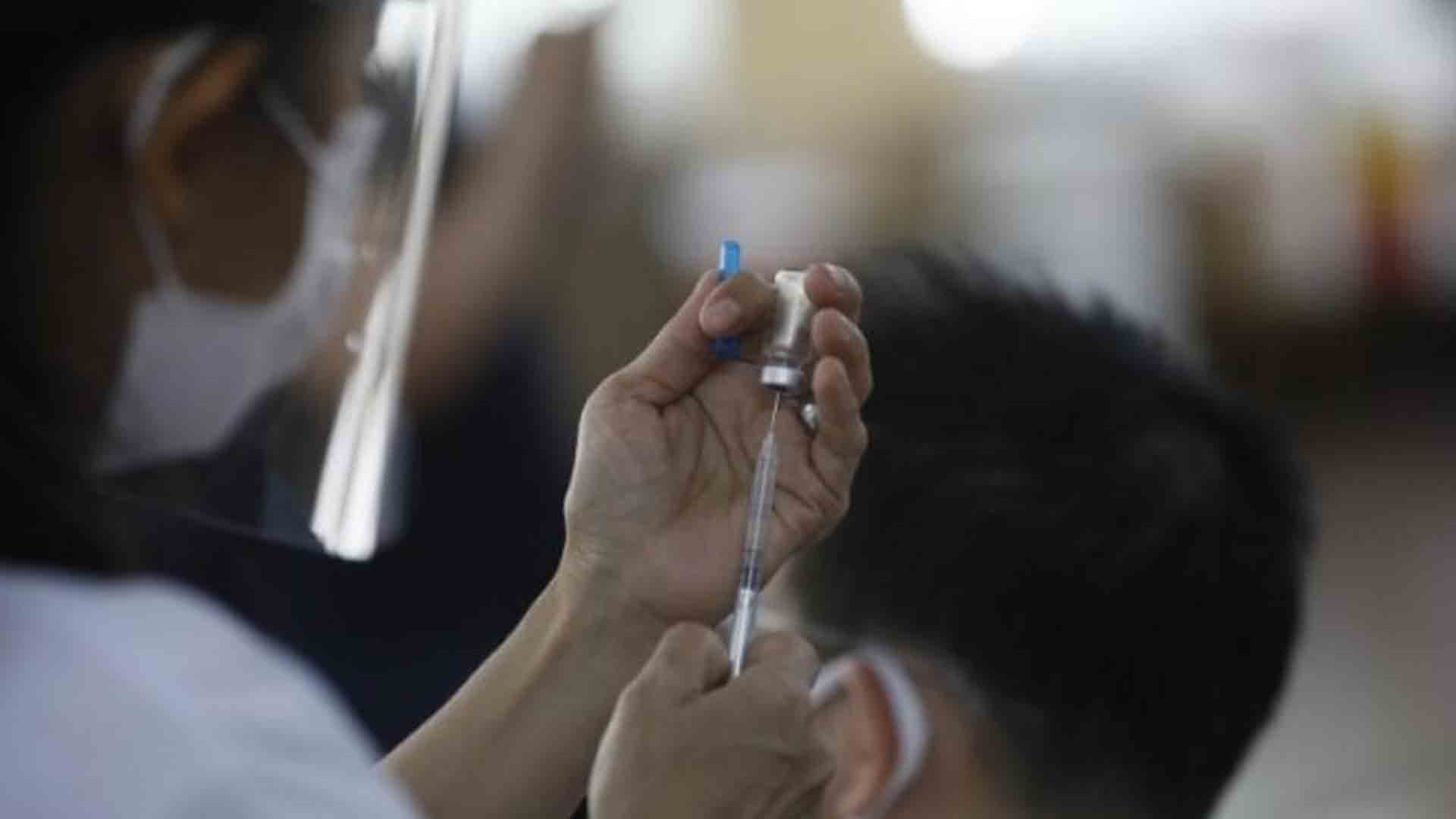On World Polio Day, the Department of Health (DOH), the World Health Organization (WHO), United Nations International Children’s Emergency Fund (UNICEF) and Rotary International urge all parents to vaccinate their children against preventable diseases, especially polio.
In June 2021, the Philippines announced the end of polio outbreak in the country following 18 months of outbreak response which vaccinated over 11 million children, many of whom received polio drops during the Covid-19 pandemic.
Polio is a highly infectious, crippling, and sometimes fatal disease that can be avoided with a vaccine. Children under the age of 5 are most vulnerable to contracting polio.
In the Philippines, children under 1 year old receive their primary doses of the polio vaccines during routine immunization — three doses of polio drops and one dose of inactivated polio vaccine.
However, in 2020, nearly half a million Filipino children missed out on oral polio drops for routine immunization due to challenges in accessing health services during the pandemic.
On Oct. 13, 2021, DOH launched the catch-up immunization campaign, starting in the National Capital Region. The campaign aims to reach children under 2 years old with missed vaccine doses, including those for polio.
“While we have successfully eradicated polio, we have to ensure that there will never be an outbreak again and it begins with vaccination. We call on the parents to ensure that your child gets their routine immunization so they can be protected against polio and other vaccine-preventable diseases,” DOH Secretary Francisco Duque III said in a news release on Sunday.
Duque said this month, the DOH launched the ‘Catch-up Routine Immunization’ to ensure delivery of National Immunization Program services to children.
“Ang mga bakuna po for routine immunization ay ligtas at libre, makipag-ugnayan lamang po sa local health centers sa inyong lugar (Vaccines for routine immunization are safe and free, just coordinate with your local health centers in your area),” Duque said.
WHO Representative to the Philippines Dr. Rabindra Abeyasinghe said polio, once a commonplace illness, has been eliminated in most countries, including the Philippines.
“This shows the power of vaccines to save lives and protect people from diseases such as polio,” Abeyasinghe said.
“Every disease outbreak strains our resources — most importantly our health workers — especially when they are challenged with responding to a pandemic. We should do everything necessary to prevent another outbreak of polio or any other vaccine-preventable disease such as measles, rubella, diphtheria. The lives and health of our children are at stake. Our plea to parents: please ensure that your children have received all the routine childhood vaccines including polio doses as we prepare for them to go back to schools and early learning centers,” he added.
UNICEF Representative Oyunsaikhan Dendevnorov said polio immunization should be intensified to sustain “our gains and prevent the further decline of polio immunization coverage.”
“We have already come so far in our fight against vaccine-preventable diseases. Our shared accomplishments solidify the message that with our joint efforts, vaccines can be delivered safely even during the pandemic,” Dendevnorov said.
“Vaccines work — the fact that we are close to ending polio is proof of this. However, we are not yet there and we must fulfill our promise to children to make the world polio-free. We still need to intensify our campaign to raise awareness and raise funds for polio. By doing these together, we can END POLIO NOW,” said Mary Anne Alcordo Solomon, Rotary International Zone 10A (Philippines) End Polio Now Coordinator
WHO, UNICEF and Rotary International are among the partners in the Global Polio Eradication Initiative (GPEI), a public-private partnership led by national governments. Other GPEI partners are the US Centers for Disease Control and Prevention (CDC), and the Bill & Melinda Gates Foundation.
Aside from vaccination, DOH is also working with partners to strengthen environmental and Acute Flaccid Paralysis surveillance throughout the country to detect polioviruses.
Globally, polio remains endemic in only two countries — Afghanistan and Pakistan. When these countries become polio-free, polio will be only the second disease next to smallpox to be eradicated. (PNA)





















